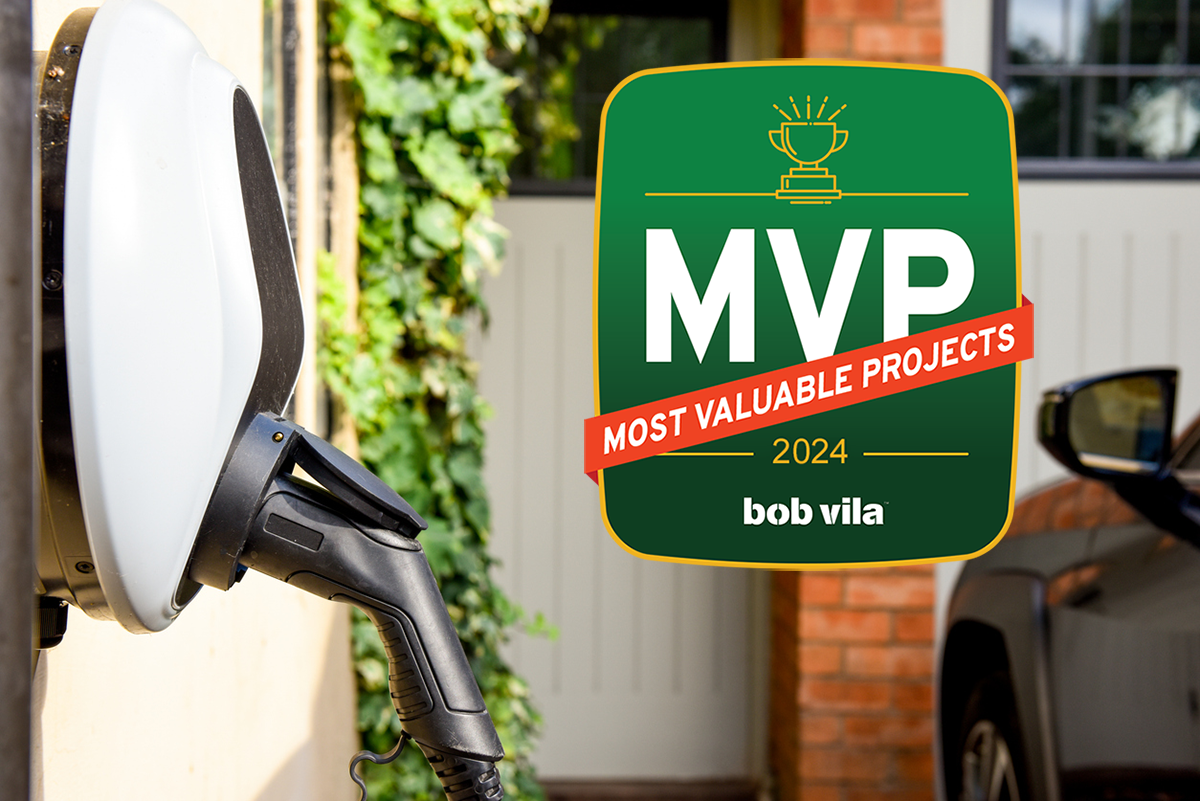We may earn revenue from the products available on this page and participate in affiliate programs. Learn More ›
This is the second installment of Bob Vila’s Most Valuable Projects of 2024, a month-long series featuring high-ROI home improvements on water conservation, electrification, home health, and resiliency. Each week, we’re pulling from our vast library of informational content, vetted shopping guides, and connections to industry professionals to present primers on the top projects to take on this year.
Investing in an electric vehicle, converting an old gas furnace to an electric heat pump, and replacing gas-powered appliances with their electric counterparts can have a positive impact on your environmental footprint. But, even more than that, these electrification upgrades can add value to your home, reduce your tax bill, decrease your monthly utility bills, and more.
In fact, according to a study by Freddie Mac, energy-efficient homes sell for about 3 percent more than their less energy-efficient counterparts. Building trends are also moving towards electrification. In a survey conducted by the National Association of Home Builders, one in four respondents shared that more than half of the homes they build are all-electric. If you’re ready to learn more about increasing your home’s value and saving money on taxes and utility bills, read on to discover some key electrification upgrades to consider.
Electric Vehicles
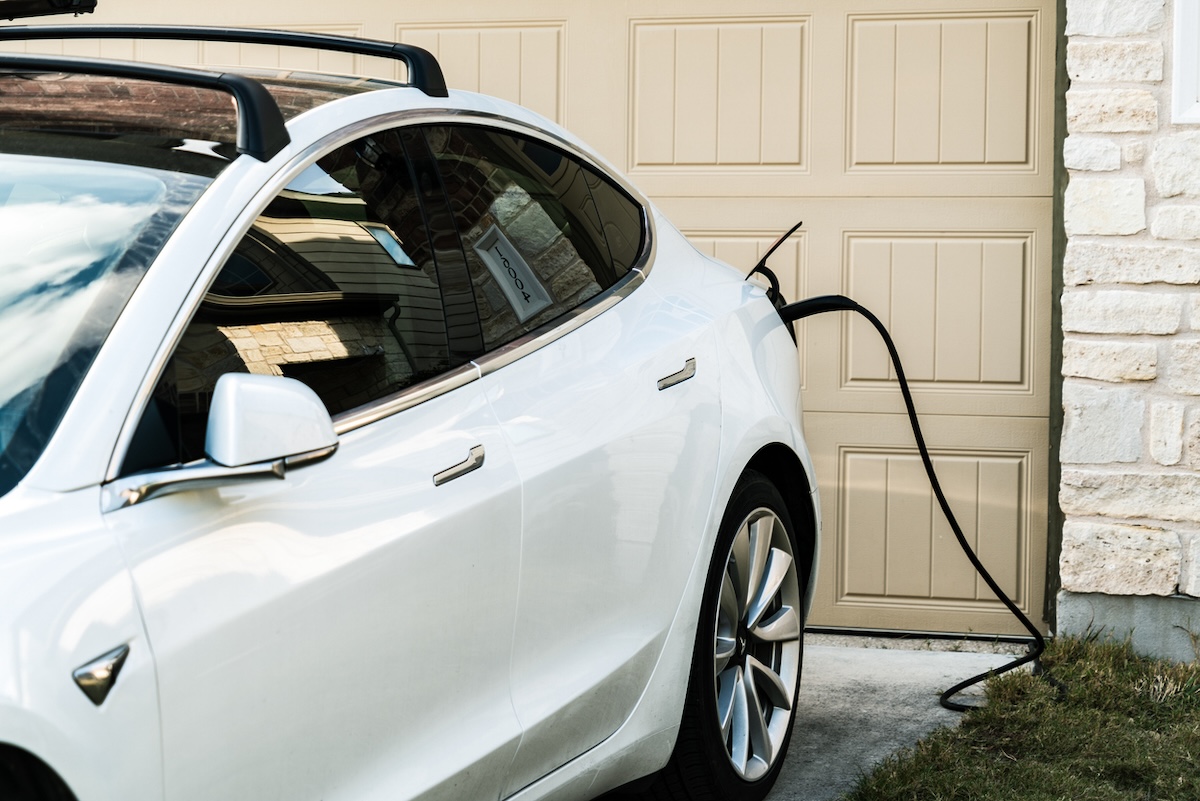
Purchasing a new electric vehicle (EV) represents a major step towards decreasing fossil fuel emissions and doing your part to reduce pollution. Many EVs and FCVs (fuel cell vehicles) purchased in or after 2023 are eligible for a clean vehicle tax credit of up to $7,500. Used EVs are even eligible for a credit of up to $4,000.
There are a few criteria that you must meet in order to qualify for the tax credit, including using the vehicle you purchase primarily within the United States and confirming that you bought it for personal use and that you are not planning to resell it. Additionally, your adjusted gross income (AGI) must not exceed the maximums set by the Internal Revenue Service: $300,000 for married couples who are filing jointly, $225,000 for heads of households, and $150,000 for everyone else.
The vehicle you purchase must also meet specific requirements to qualify for the credit. The U.S. Department of Energy offers a website, fueleconomy.gov, which can help you determine whether a specific EV will qualify for the full $7,500 credit or a portion of it. After purchasing an EV, be sure to file IRS Clean Vehicle Credit Form 8936.
MORE ON ELECTRIC VEHICLES:
➤ Why EVs Are Growing in Popularity
➤ 12 Surprising Pros and Cons of Electric Cars
➤ Hidden Costs of Owning an EV
➤ How to Prepare Your Home for an Electric Vehicle
Home EV Charger
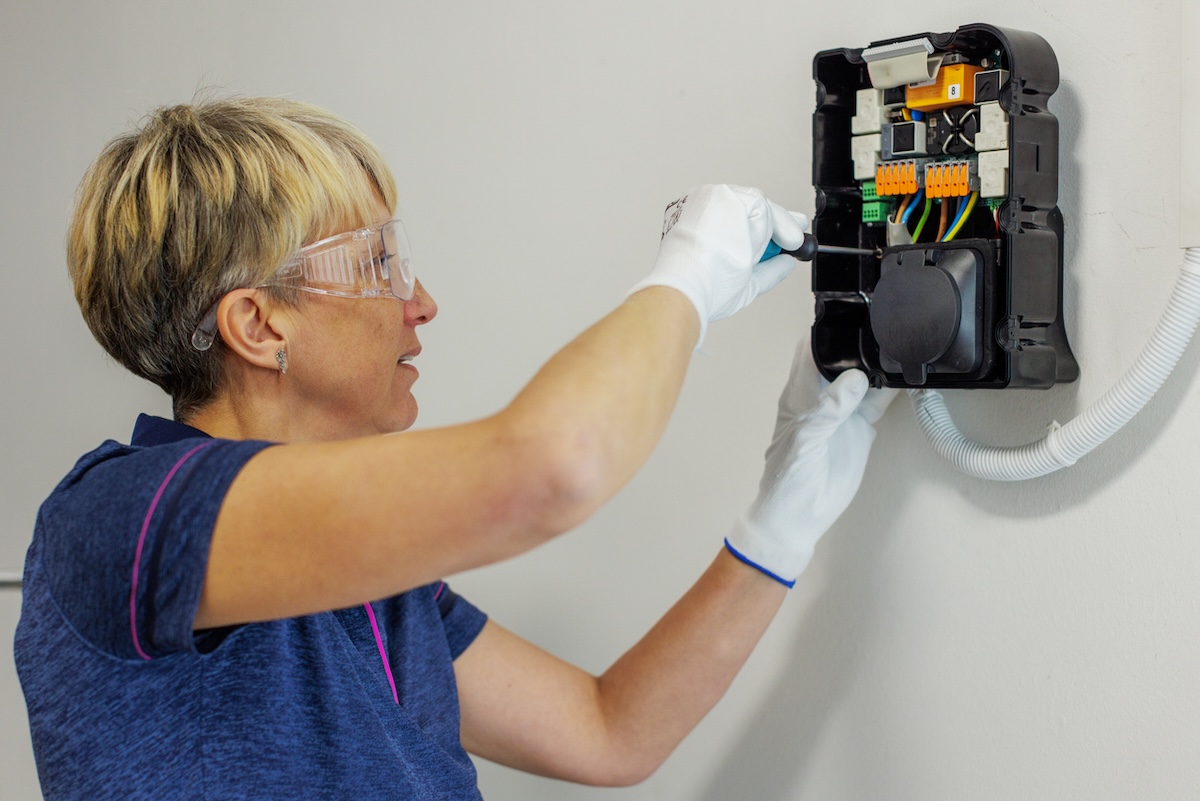
If you decide to invest in an electric vehicle, a home EV charger will simplify your life and make it easier to ensure that your car’s battery is fully charged when you need it. Some homeowners also may be eligible for a tax credit when they add an EV charger to their home. When the Inflation Reduction Act was passed in 2022, it extended and modified the 30C Alternative Fuel Vehicle Refueling Property Credit. This credit is available to property owners in some regions, primarily those identified as low-income community census tracts or non-urban census tracts. The mapping tool from Argonne National Laboratory can help you verify whether you will qualify for the credit.
On average, EV charges cost about $1,000 to install. But, if you qualify for a credit, you can receive 30 percent back.
MORE ON EV CHARGERS:
➤ How Much Does It Cost to Install an EV Charger at Home
➤ The Best EV Chargers You Can Buy
➤ How to Use Solar Panels to Charge Your EV
➤ The Best EV Charger Installers
HVAC Conversion
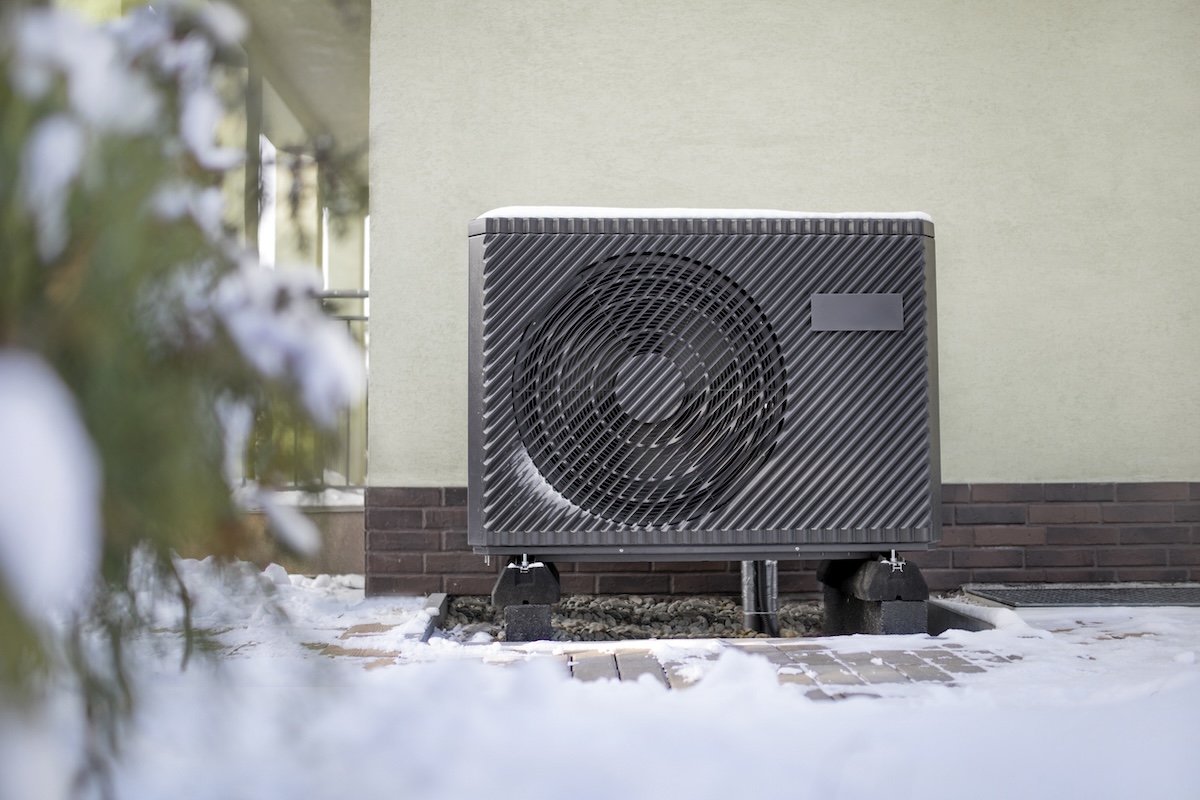
If you have an oil or gas furnace, converting it to an electric unit may end up paying off. The IRS offers credits for energy-efficient home improvements made in 2023 or later, and qualified heat pump conversions can earn up to $2,000 per year (for a maximum credit of $3,200 if you complete multiple energy-efficient renovations or replacements during a calendar year).
Converting to an electric HVAC system can also pay you back when you decide to sell your home in the future. According to the 2024 Remodeling Cost vs. Value Report, new HVAC units can increase a home’s value by $12,422. With an average project cost of $18,800, this means that you’d recoup about 66 percent of your investment.
There are other benefits associated with HVAC electrification as well. New heat pumps are advanced and able to perform better than fossil fuel-powered furnaces. They can do a better job at keeping the temperature in your home consistent, keeping you and others more comfortable.
MORE ON HVAC CONVERSIONS:
➤ What Is a Heat Pump and How Does It Work?
➤ Heat Pump Cost Guide: Installation and Replacement
➤ The Best Heat Pumps for Energy Efficient Homes
➤ Electric Furnace vs. Gas: Which is Right for Your Home?
Electric Appliances
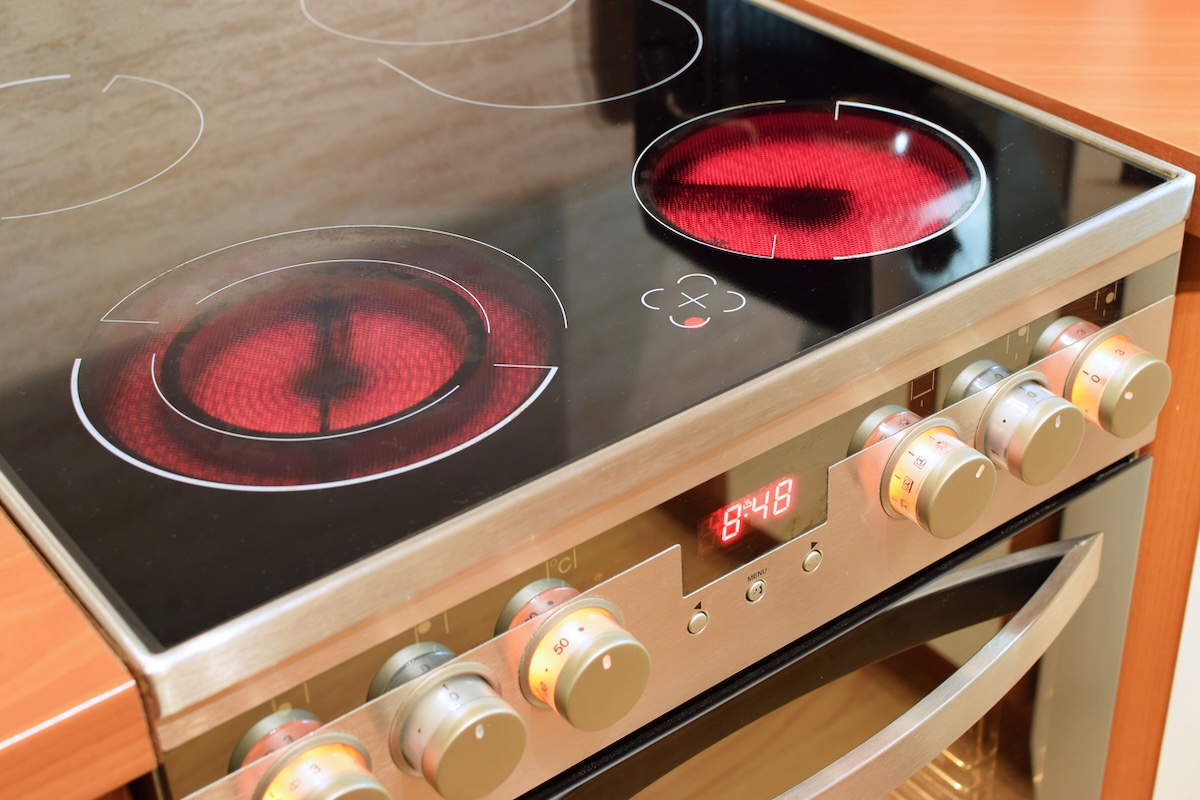
Replacing gas stoves, dryers, water heaters, and other appliances with electric models is another way to make your home more energy-efficient while minimizing negative impacts to the environment. Home energy rebates are available for homeowners who upgrade to energy-efficient appliances. You can even benefit from these rebates by upgrading outdated electric models with newer Energy Star versions.
The Department of Energy has a Rebates Portal where you can view whether rebates are currently being offered in your state or if the application process is still ongoing. New York, for example, has more than $160 million in rebates available for residents who complete qualifying electrification upgrades. Electric stoves and ovens, induction cooktops, and electric clothes dryers are all eligible for a rebate of up to $840.
MORE ON ELECTRIC APPLIANCES:
➤ Gas vs. Electric Stove: Which Is Better?
➤ The Best Electric Ranges You Can Buy
➤ The Best Heat Pump Dryers for the Laundry Room
➤ The Best Heat Pump Water Heaters for Energy Efficiency

